I'm currently using Vim to edit PHP files and would like to implement code folding for functions only. I've tried setting the foldmethod=expr and using a regex with foldexpr in my .vimrc file. The problem is i don't fully understand how foldexpr is using the regex to apply folding to the source code and i can't seem to get it right.
Basically i want all PHP functions (inside classes too) to be folded and that's it. The nearest i've got is:
set foldexpr=getline(v:lnum-1)=~'function'?'>1':'='
but it's not right and i want to see if i can be a little more intelligent with the curly braces.
Any ideas?
